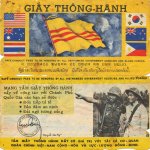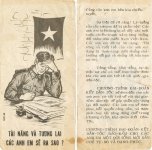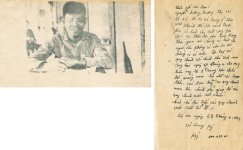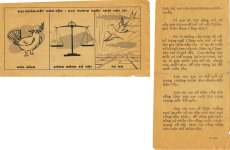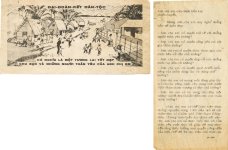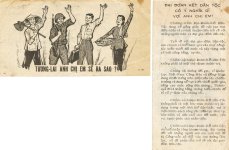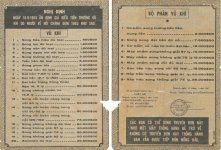Hoping for a better year for all of us, and our Country
The past near two years have been a trial for all of us. Now, not like it was early in WWII, nor in the desperate years of the Depression, or in other challenging times, but still, with the Covid and other social upheavals, it has been a rough year.
Sitting here, smoking some ribs on the grill my wife just got me for Christmas, soon off to church for a late service, I was just reflecting on how I hope the coming year is "better" , whatever that might mean for each of us, and for this troubled Country.
so thought I would post a pic of an airplane, which has seen better days, and yet, sits ready for a rejuvenation, and a time to soar and take to the air again.
I lost my Vietnam Vet hat, but fortunately, was able to source a replacement. Maybe a good sign for me.
I am reminded of the words of a judge at the conclusion of a trial of one of the Sept 11 terrorists. "....we have been thru the fire before... and we will get thru this one likewise."
So, all the best, SF VET

The past near two years have been a trial for all of us. Now, not like it was early in WWII, nor in the desperate years of the Depression, or in other challenging times, but still, with the Covid and other social upheavals, it has been a rough year.
Sitting here, smoking some ribs on the grill my wife just got me for Christmas, soon off to church for a late service, I was just reflecting on how I hope the coming year is "better" , whatever that might mean for each of us, and for this troubled Country.
so thought I would post a pic of an airplane, which has seen better days, and yet, sits ready for a rejuvenation, and a time to soar and take to the air again.
I lost my Vietnam Vet hat, but fortunately, was able to source a replacement. Maybe a good sign for me.
I am reminded of the words of a judge at the conclusion of a trial of one of the Sept 11 terrorists. "....we have been thru the fire before... and we will get thru this one likewise."
So, all the best, SF VET




